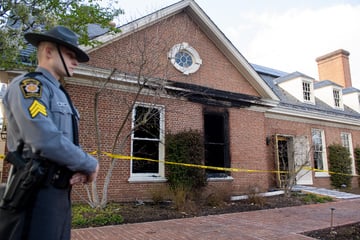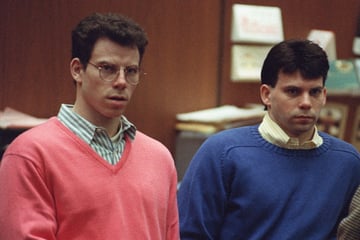#youth4climate: Activist Ruth Miller gets real on climate justice
Dena'ina lands, Anchorage, Alaska - Ruth Łchav’aya K’isen Miller, a US delegate to the recent youth4climate summit, is laser-focused on dealing with the climate crisis in a way that will bring about sustainable change. Why? "Anything that’s going wrong now – all forms of discrimination, prejudice, racism inequality – are going to get worse with the climate crisis," she says.
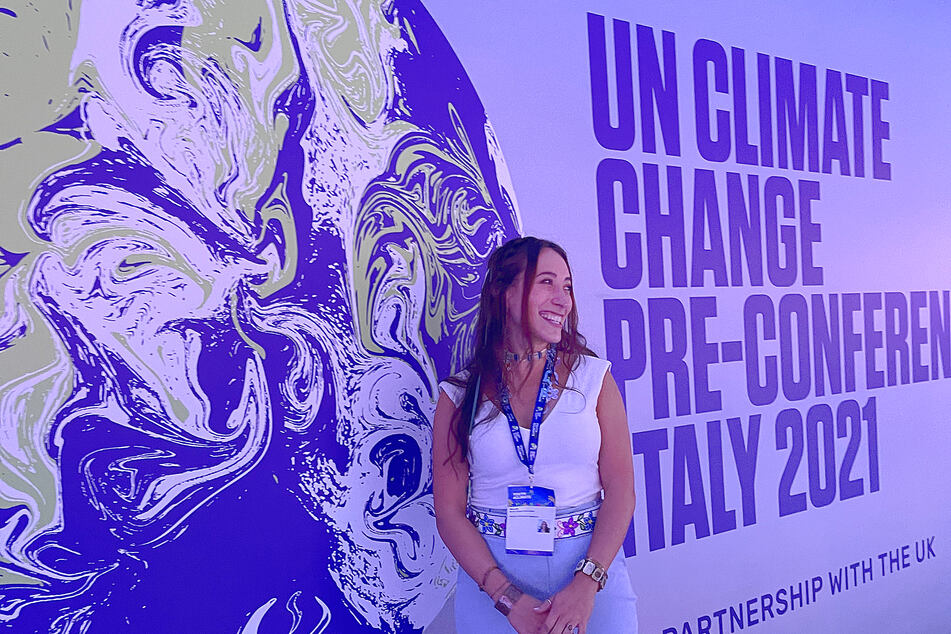
Solutions to the climate crisis are deeply rooted in Ruth Łchav’aya K’isen Miller's traditional way of life.
"I don’t identify as an environmentalist. I identify as an indigenous woman," she said.
The member of the Dena’ina Athabaskan culture and climate justice activist went to Milan, Italy for the youth4climate conference. The global summit is a warm-up for COP26, the UN climate change conference, starting October 31 in Glasgow, Scotland.
She took the time after the trip back to her Dena'ina homeland, in what is now Alaska, to tell TAG24 about the "incredibly energizing" experience.
Miller explained that while the event was impactful, there were some problems with the organization of the youth4climate conference this year, such as no involvement of the youth delegates in the planning of the summit.
Another issue was the scarce representation of marginalized groups, as there were a total of two indigenous delegates from North and South America.
Miller did feel honored "not only to be invited, but to have the privilege and the support to travel to Milan and represent not just my Dena’ina Athabaskan community there, but as the only indigenous person there from all of North America."
Pushing through the problems, the youth leaders drafted proposals for world leaders. One such proposal is "a holistic ban on all new fossil fuel exploration, and divestment from fossil fuel industries and infrastructure by 2030. Period."
Although the conference was demanding, Miller explained that she found it motivating to not have to "waste time debating whether climate change was real."
Through one of the working groups, Miller did see the difficulties involved in transitioning every country away from fossil fuels by 2030 without any outside funding. Those countries will need multilateral financial support agreements to go green.
That will be the burden of "rich nations, which emit a disproportionately large amount of CO2," and will "need to actually help countries to move away from fossil fuel use."
The media can do more to elevate people of color
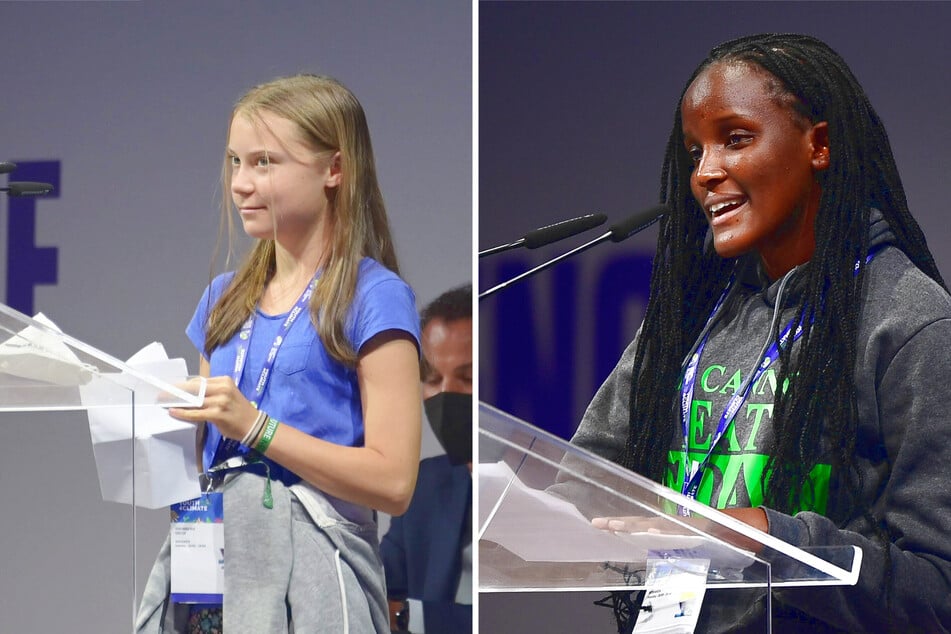
Media coverage of climate change activism is still focused on Greta Thunberg, even though there are so many other young activists with stories that are worth telling.
These are activists who are already fighting through the direct impacts of climate change.
Miller differentiates between the work that Thunberg does and the way she is hyped by the media: "Greta, in my personal experience with her, does a really wonderful job of elevating youth of color."
She praised Thunberg for using her "power and clout" to get about 500 paparazzi into a room with the COP25 all-indigenous youth delegation from "turtle island," the traditional term for the Western Hemisphere.
"Greta approached us about holding a press conference," and afterwards, "she rallied the media, and ceded the stage to five youth of color to hold their own press conference."
Thunberg is an important voice in youth activism, but "it will take her decades to experience the direct impacts that youth of color are living right now."
"For instance, Greta framed her speech" in Milan around politicians just saying "blah blah blah."
Yet Vanessa Nakate of Uganda "opened her speech by talking about when she was walking with a friend when they encountered bodies in the street" – victims of severe flooding caused by climate change.
The media's focus on Thunberg has "an element of racism" by picking a young white European woman and making her "the steward of climate justice."
Miller suggested that media's focus should shift to climate impacts and activism in "small island states, states that are facing desertification, and states that are in the arctic" dealing with "melting sea ice, permafrost, and changing food systems."
She also pointed to herself and other youth as "creative solutions engineers" willing to work hard to make meaningful change happen "for our future.“
Suggestions for Fridays for Future
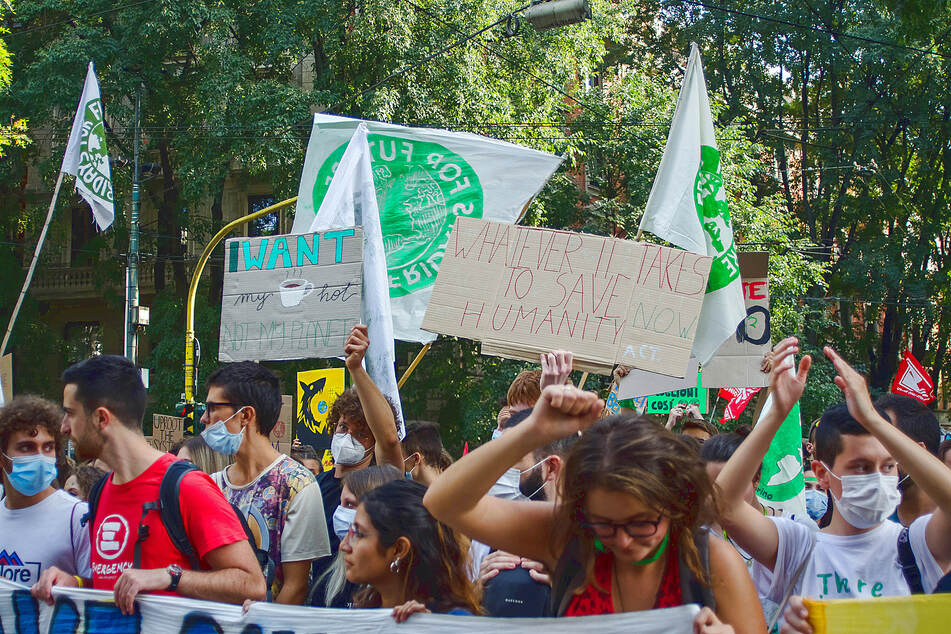
The Fridays for Future youth movement, a global climate strike movement, could do more to draw media attention to the real climate discussions, especially those led by people of color hit hardest by climate change.
Miller didn't see eye-to-eye with FFF's tactics at youth4climate, which "many felt were very isolationist, they didn’t organize with any other youth, they just staged these interruptions of the processes."
She criticized that some actions at the summit lacked the planning of "thinking about who your target is, if your timing is impactful, what your intended outcome is. Is yelling climate justice now at a conference for climate where youth are leading climate justice, is that the most effective target?"
“And if the idea is just to gain media attention and to draw media attention away from predominantly youth of color proceedings, then I would really recommend that they reconsider that tactic," she suggested.
At the opening day of the event, FFF delegates held a short march through the conference venue as the Prime Minister of Italy began speaking. They ended up taking most of the media presence with them.
Miller, who did not join the FFF protest action, stayed with other delegates and "over 40 heads of state, including John Kerry." She called the opportunity to be in the room with such important leaders "unprecedented."
"They sat, and they listened to youth questions and demands for four hours," she said,
The FFF protesters missed "the meat, the climax of the summit."
Despite her understanding for FFFs challenges "to coordinate across a mass movement," she believed the movement should "galvanize global media, and therefore global pressure on their countries' leaders."
That is a crucial part of climate activism that "no one else can or should do" for them, she added.
"I, as an indigenous woman of the arctic, do not want to be using my time and labor for that.“
Activism was never a choice
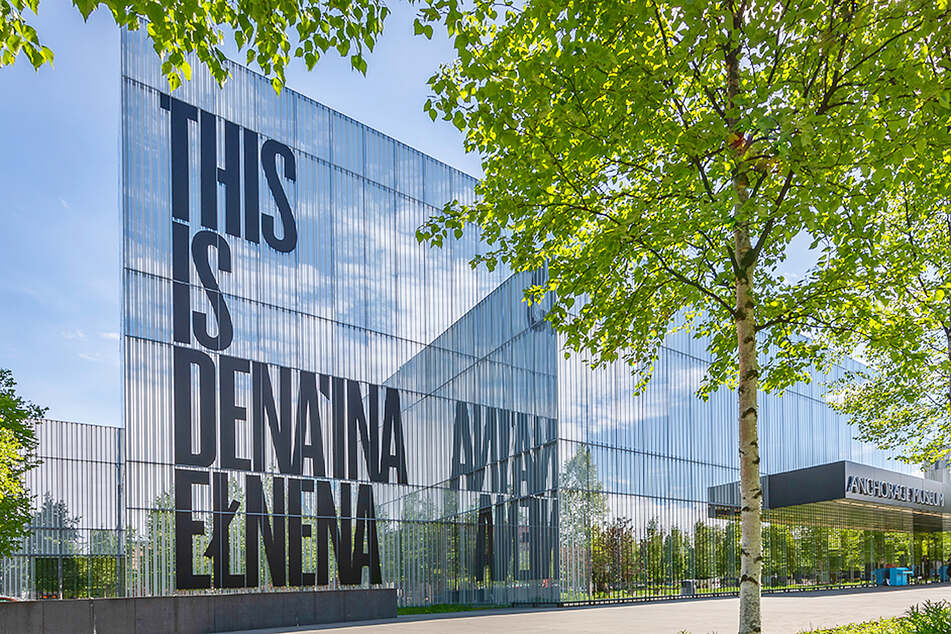
Surprisingly, Miller said she never directly chose to become an environmental advocate. It, perhaps, chose her.
"I became a climate justice activist a thousand years ago, because to us, our caretaking, our stewardship of the land is generational," she explained.
Her indigenous heritage teaches what "reciprocity and respect look like with our Naquelt’ani (cosmos, universe, Creator), ełnena (land), miłni (water)."
She also saw it was "even more so modelled in our elders" who integrated the idea of transitioning to sustainability by using a specific phrase: "In Behnti Qenaga, the language of the lower Tanana Dené: Kohtr’ełneyh - Remembering Forward."
Direct action was something Miller has always seen modelled by both her parents, who are lawyers for Native American rights.
"I’m seeing firsthand the way my home is being affected, I’m seeing lives lost here, I’m seeing entire villages being relocated, our food systems shifting, our Łiqa (salmon) dying in our waters of heatstroke."
The work that Miller does is urgently necessary, especially since "there are already climate refugees in Alaska" and the country is "wildly unprepared for the impacts that are already guaranteed to happen at this level of warming, let alone if we push through 1.5 degrees C and hit 2."
The young activist admitted that working against "those who are resisting climate solutions" and paving the way for climate justice action isn't always easy. On "many mornings" Miller works hard to stay hopeful.
Yet, "even if I somehow knew this was a battle we would lose, an existential war that we would fail to see ourselves through, there’s still nothing that I’d rather do with my life than fight for this," she said.
Cover photo: Photo/Ruth Miller
